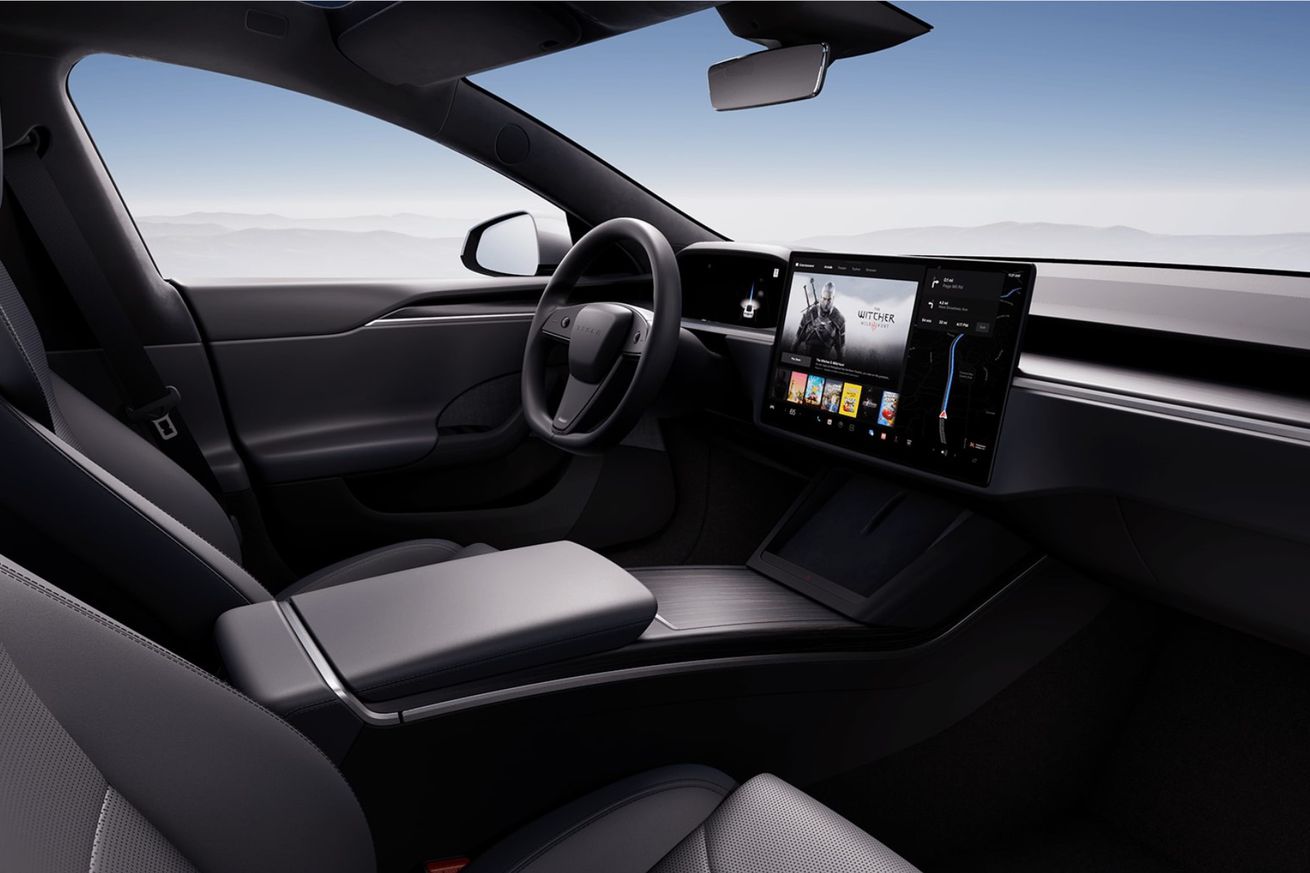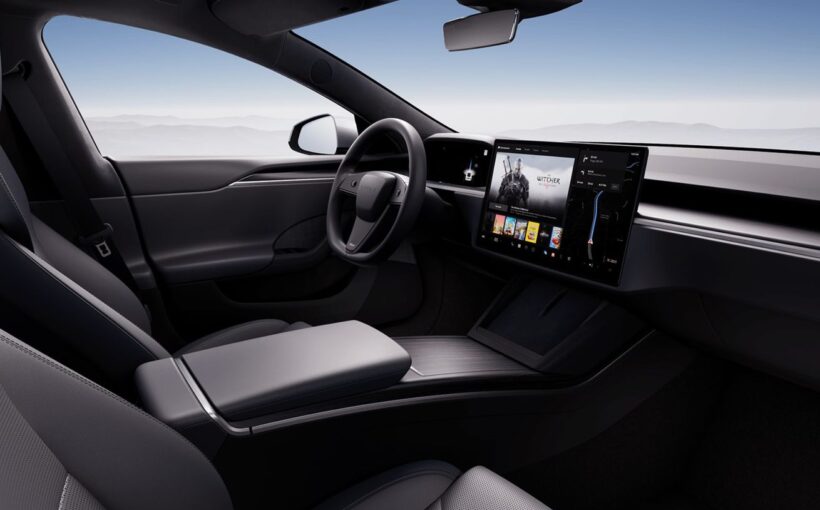
Car makers in Europe are being encouraged to stop using touchscreens for basic functions like turn signals and wipers in an attempt to promote safer driving. As reported by the Times, the European New Car Assessment Program (NCAP) — an independent and well-regarded safety body for the automotive industry — is set to introduce new rules in January 2026 that require the vehicles it assesses to have physical controls to receive a full five-star safety rating.
While Euro NCAP testing is voluntary, it is widely backed by several EU governments with companies like Tesla, Volvo, VW, and BMW using their five-star scores to boast about the safety of their vehicles to potential buyers.
“The overuse of touchscreens is an industry-wide problem, with almost every vehicle-maker moving key controls onto central touchscreens, obliging drivers to take their eyes off the road and raising the risk of distraction crashes,” said Matthew Avery, director of strategic development at Euro NCAP, to the Times. To be eligible for the maximum safety rating after the new testing guidelines go into effect, cars will need to use buttons, dials, or stalks for hazard warning lights, indicators, windscreen wipers, SOS calls, and the horn.
Some manufacturers like Tesla and Volkswagen have gained a reputation for placing basic vehicle controls behind touch-sensitive interfaces. There’s no shortage of complaints about such features, but equipment manufacturers continue to push touchscreen interfaces because they’re more cost-effective to produce than physical buttons and dials.
The Euro NCAP’s safety guidelines aren’t a legal requirement, however, car makers take safety ratings pretty seriously, so any risk of points being docked during such assessments is likely to be taken into consideration. “As this work is in progress, we have not yet finalized the evaluation procedure,” Avery told the Verge. “However, it is our intention to adopt these new requirements in 2026 as stated and the vehicle manufacturers are aware and are in support of the initiative.”



